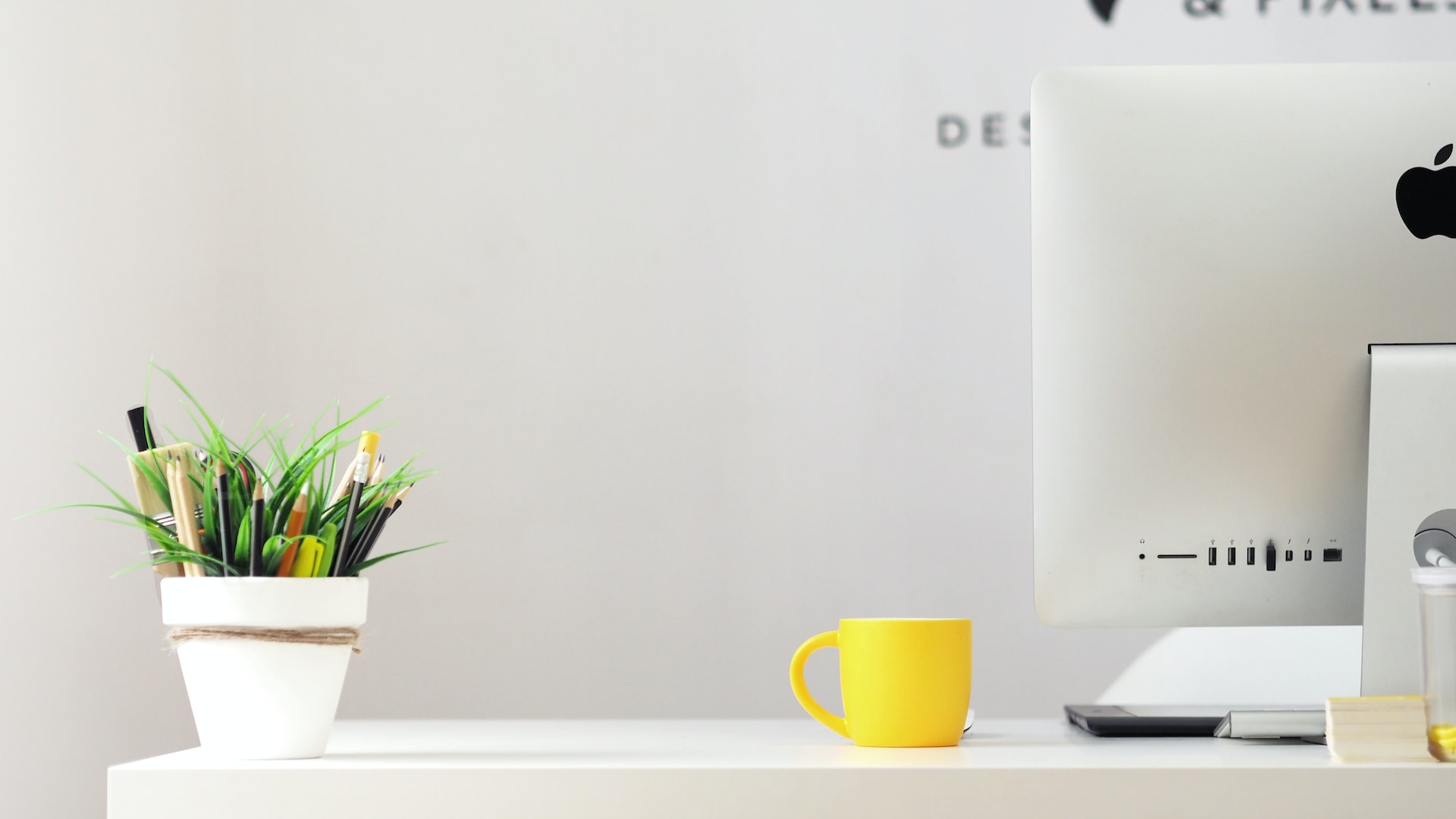Years ago, the concept of wellbeing at work seemed alien to most employers and employees. That’s because jobs were typically associated with daily multitasking, tight schedules, and demanding bosses.
There was little to no mention of wellbeing and mental health in the office.
Although work-life balance remained a hot topic, self-care was something to focus on after work, in the spare time, akin to weekend rituals and spa getaways.
After all, what did any job have to do with the state of one’s mind and health?
Fast-forward to the post-pandemic workplace, and the cracks in the world of work have become more apparent: the ongoing hustle culture, burnout, stress, long hours, job insecurity and retrenchments.
These things, experienced by millions worldwide, are not new.
However, the forced lockdowns, job restrictions, and increased opportunity to move meetings and teamwork online have produced a shift in behaviour towards work.
Employees reconsidered career options, office environments, schedules, and output versus mental health and wellbeing. Some found both flexibility and fulfilment in working from home and having more time to spend with their families. Others said no to the office buzz and engaged remotely whenever possible.
Most importantly, employees redefined their coping skills to become entirely comfortable, immersed and satisfied in their jobs instead of feeling stressed out, overwhelmed, and less motivated.
“If your mindset is to constantly chase deadlines, react to other people, and beat the clock, you can’t reasonably cope,” says renowned integrative medicine and spiritual wellbeing pioneer Deepak Chopra.
In his Reinventing Life newsletter, Chopra writes about developing coping skills and building self-awareness to integrate self-care into your working routine.
“The whole point of coping skills is to take care of yourself from the inside out.”
“Ask yourself how you want your work to feel as a typical day unfolds. This is something you can have control over.”
So, how can you start taking better care of yourself in your working environment? What coping skills do you need to pull through each day?
Be fully present at work.
The more self-aware you are of yourself and your surroundings, the more you can achieve. Being present in the moment will make you concentrate better on the task or project you must do instead of being on autopilot – aimlessly browsing your inbox, for example. One great idea is to schedule time away from office gossip, distractions and interruptions.
Be aware of each step towards your goal.
According to Chopra, there is a strong social bias in favour of action where the focus should be on the awareness required to reach that action’s goal. Focus on the steps to get you there, not just the output. “The more centred you are, the deeper your source for inspiration and creativity, the wider your vision, and the sharper your focus.”
Appreciate the process.
Fulfilling work should be the goal, but you can still take time to appreciate what you have. Immersing yourself fully in the process does not always have to speak of the highest passion for your work. Sometimes it’s necessary to find a positive outlook and express gratitude for the good and the bad. Check your feelings and mood regularly at work. Ask yourself: Is this how I feel? Can I do better? If not, why?
Feel no more pressure.
Coping at work should include a deep awareness of stress, pain and anxiety when these things trigger your mood. “You must value who you are inside and care enough to preserve the self from stress. Most people are not in charge of themselves. Their work is in charge of them instead.”
Rethink your workloads, commitments and response to stress. Enjoyment should come before pressure. If it doesn’t, it’s time for some changes.
Take time to breathe and relax.
Taking time off work is essential to readjust, rethink and relax. Even small steps can make a big difference to your mood and wellbeing: taking lunch outdoors, going for a walk, sipping your morning coffee in silence. It’s about focusing on your inner being outside work; meditation, yoga and stress management effectively build that awareness. “Coping at work isn’t the same as putting out fires all day. It’s an inner journey that teaches you to match your inner and outer life.”
Stay true to yourself.
It’s important to acknowledge that sacrificing who you are as a person and your wellbeing for work accomplishments and other people is a long-term recipe for disaster. “Your inner potential is your most precious possession. Begin to look at how to fulfil your potential from the inside,” says Chopra. Work on your inner potential daily instead of letting work and outside demands take charge of your life. This is your purpose and contribution to a healthy, happy, productive life.
This edited article was originally published in the Molshoop Magazine 2nd issue, October 2022 (pages 92-93). Click here to view it.
